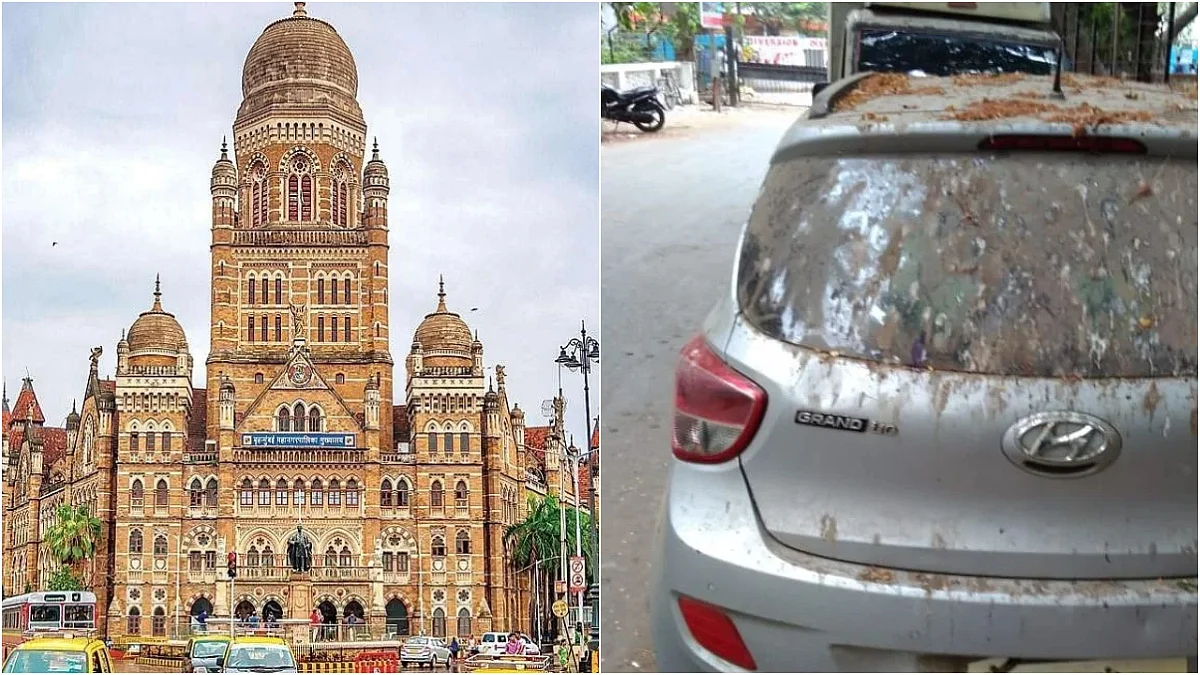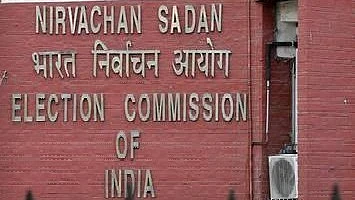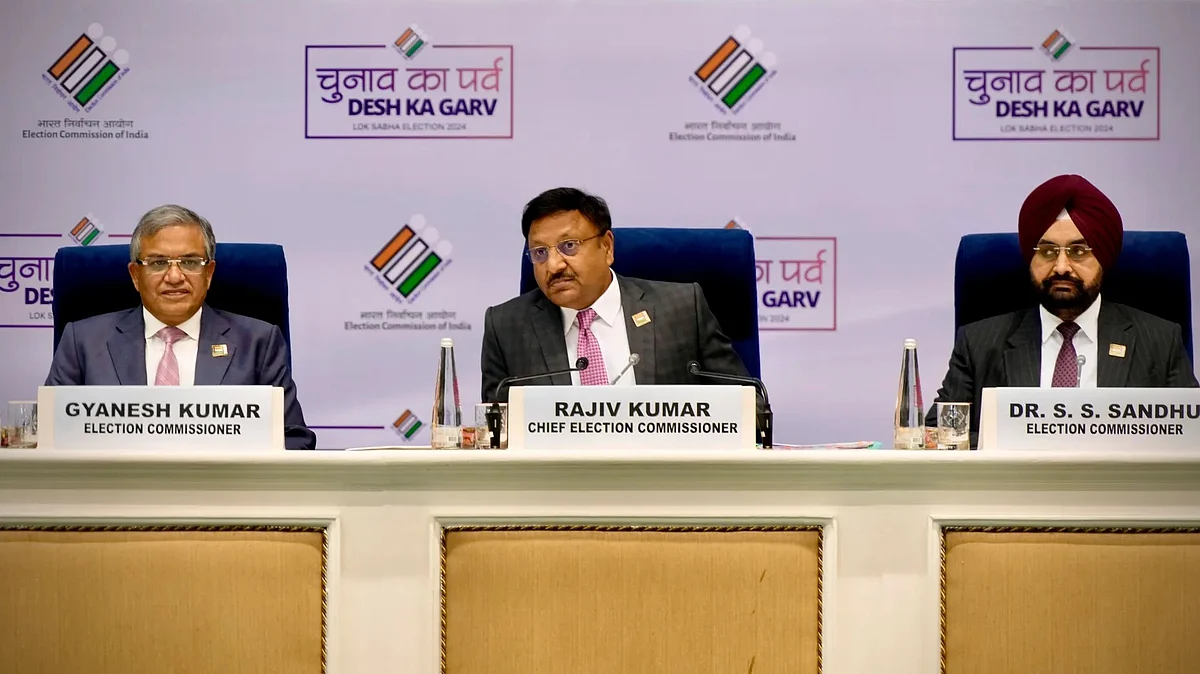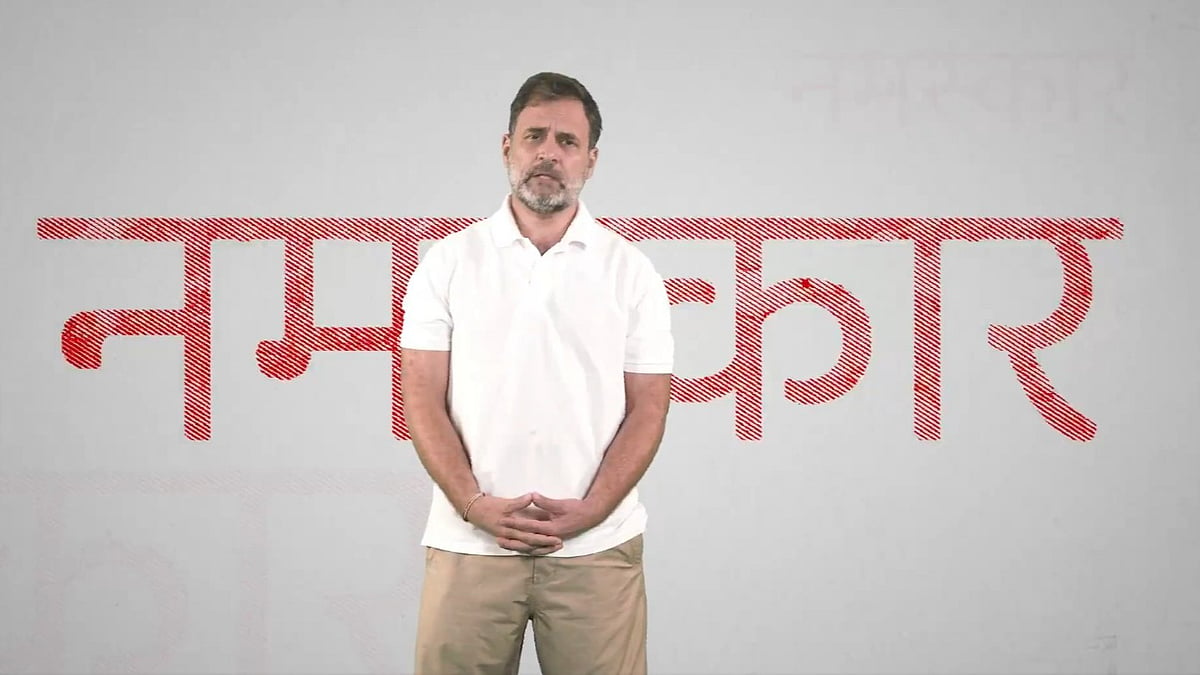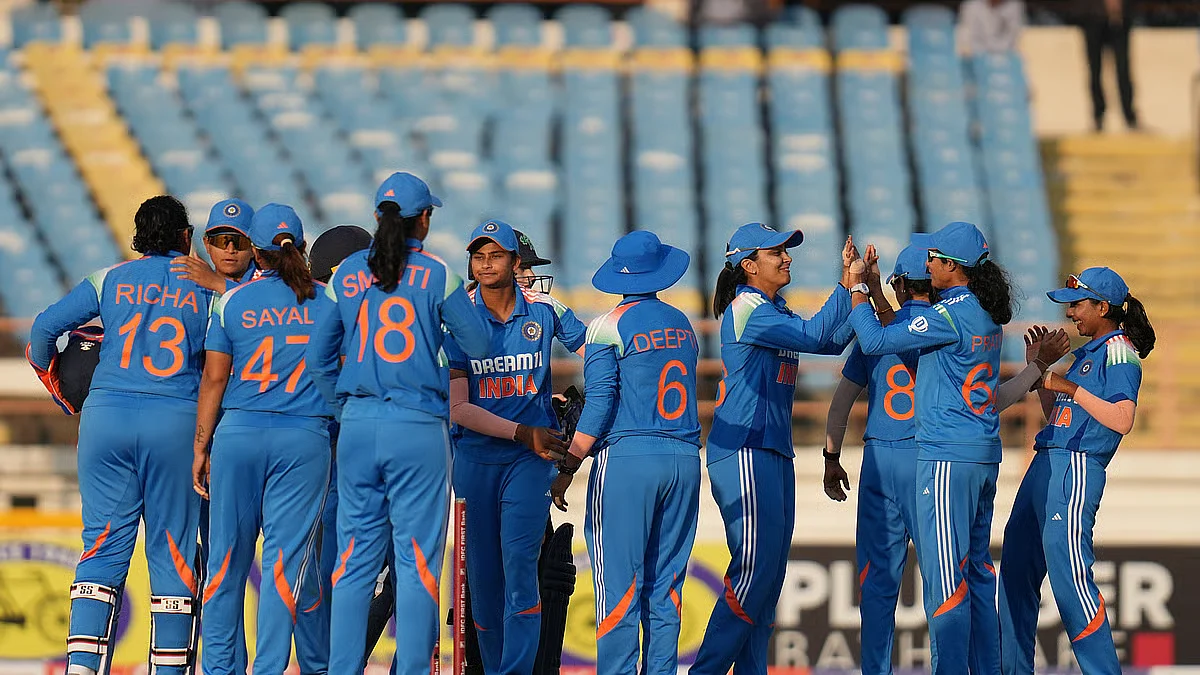Lieutenant-Governor Manoj Sinha has set an ignominious record by banning 25 books in one stroke in the Union Territory of Jammu and Kashmir. Never before, anywhere in the world, has such a wholesale proscription of literature been carried out in one go. The police have been scouring bookshops and libraries, searching through piles of volumes to pull out the offending titles. Under the Bharatiya Nyaya Samhita, these works stand accused of “propagating false narratives and secessionism and terrorism.” The list of authors reads like a roll call of respected intellectuals and historians: Booker Prize winner Arundhati Roy, constitutional scholar A.G. Noorani, historian Sumantra Bose, journalist David Devdas, former Kashmir Times editor Anuradha Bhasin, historians Sugata Bose and Ayesha Jalal, and even Maulana Maududi, who has been dead for nearly half a century. Others include Victoria Schofield and Christopher Snedden, whose works are widely studied in universities.
The timing is curious. Six years have passed since the annulment of Article 370 and the bifurcation of the state into two Union Territories. The centre and the UT administration have claimed that peace and normalcy have returned to the Valley. If that were true, why this sudden literary purge? The ban undermines the very narrative the government has been projecting. Anuradha Bhasin has dared the administration to identify even one sentence in her book that glorifies terrorism. Such challenges point to the flimsiness of the government’s case. Moreover, in the digital age, banning books is an exercise in futility. Electronic versions of these books are just a click away. Far from suppressing them, the ban is likely to boost their circulation, as history has shown with titles like The Satanic Verses and even the Bible, one of the most banned books in history.
It is worth remembering that it is not books that alienated Kashmiris. Alienation began when elections were rigged and the democratic process was undermined. Leaders lost credibility, saying one thing in public while doing the opposite in private. This erosion of trust, not literature, created fertile ground for militancy. Instead of devoting police resources to combing through library shelves, the administration should focus on what genuinely matters: preventing militants from infiltrating the Valley and striking, as they did recently in the Pahalgam district. That requires robust intelligence gathering, effective law enforcement, and the restoration of trust in democratic institutions—not censorship. The first book banned in India was Mahatma Gandhi’s Hind Swaraj in 1909. The irony is that such bans have never succeeded in erasing ideas or preventing their spread through discussion and debate. They only confirm the insecurity of those who impose them. In Jammu and Kashmir, what is needed is core policing, political honesty, and the rebuilding of trust—not the silencing of authors.



